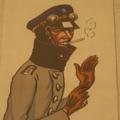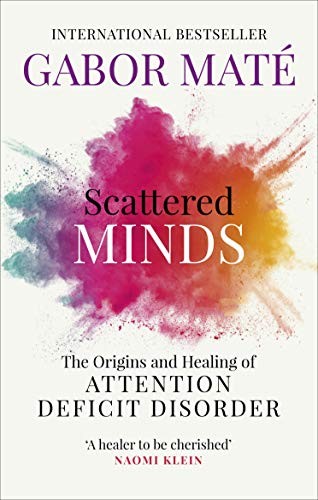Murf quoted Scattered Minds by Gabor Maté
ALL ADDICTIONS ARE anesthetics. They separate us from the distress in our consciousness. We throw off our familiar and tired consciousness to assume another mind state we find more comfortable, at least temporarily. Desperate to be out of our mind and unaware, we surrender to the addiction, to be lulled into a walking sleep. [..] My route was the compulsive buying of classical records and compact disks, alternating with—or conjointly with—the frenzied purchase of books. On the surface these may seem like innocent and even admirable pastimes—as they would be if undertaken consciously and in moderation. The addict has no such control. The compulsion beckons; the addict runs to serve it. Gradually, in each orgy of buying, I felt myself shrinking into a ghost of myself, full of self-contempt and apologetic for my existence. I have treated heroin addicts, and I recognized in myself the same vacant and driven look I saw in their eyes. [..] The addiction, in a strange way, makes the addict feel more connected to life. The downside is that it separates him further and further from himself. He is feeding only his appetite, not his hunger. [..] It has become evident that the brains of people who are prone to addiction are biologically predisposed by some imbalance of brain chemicals. Narcotic addicts, for example, are thought to suffer from a relative undersupply of endorphins, the brain’s indigenous narcotics. People with ADD seem to be short on dopamine, the reward chemical. [..] While attention deficit disorder cannot be successfully treated as long as the addiction continues to dominate, neither can the addiction be given the appropriate attention if the ADD is ignored and if the common origins of both remain unexplored.
— Scattered Minds by Gabor Maté (Page 297 - 304)

